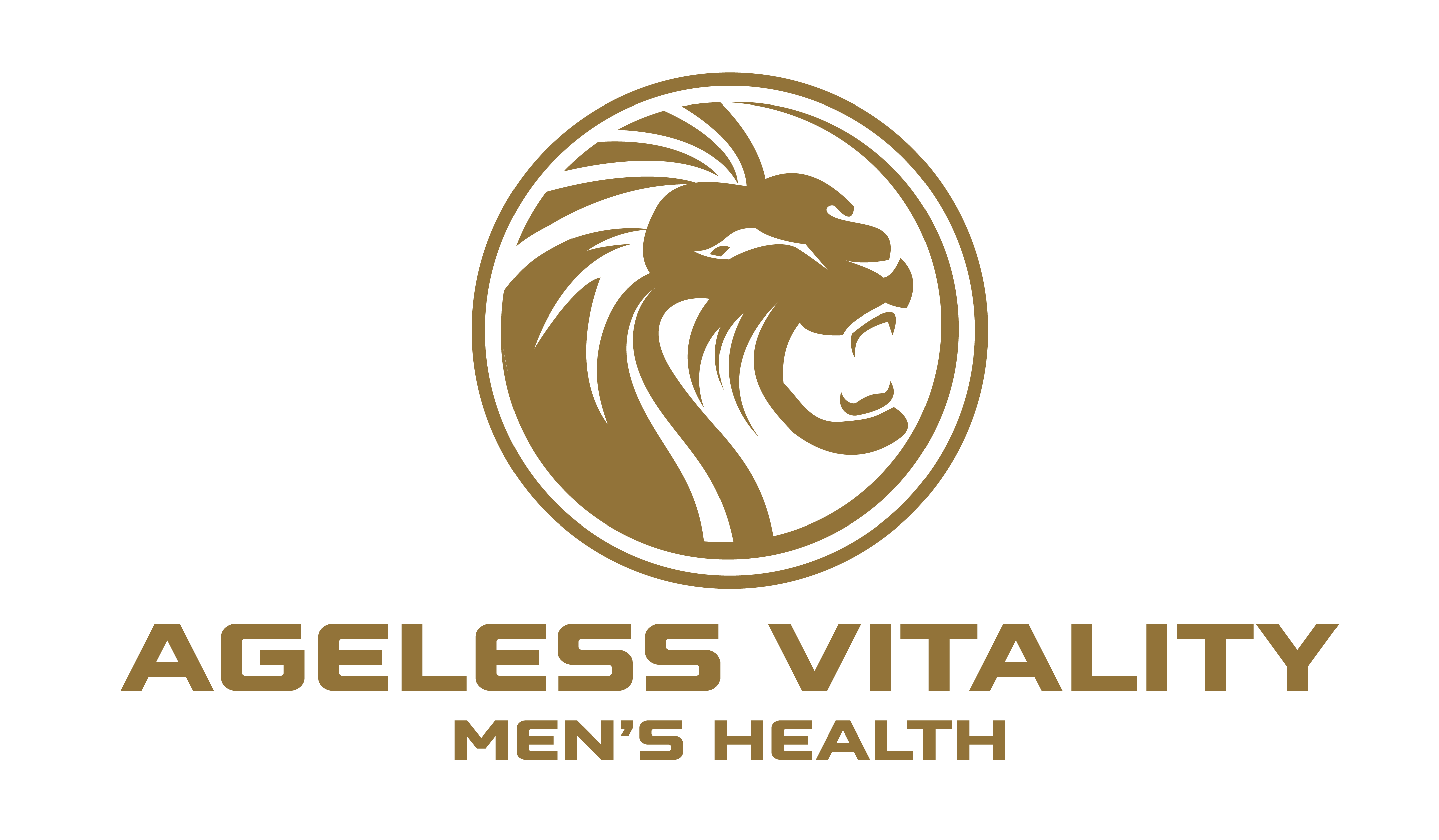Testosterone, a crucial hormone for men, plays a vital role in muscle mass, energy levels, libido, and overall well-being. While testosterone levels naturally decline with age, excess weight can significantly impact production, leading to lower-than-optimal levels. This blog post explores the strong connection between weight loss and increased testosterone levels.
Many men struggle with low testosterone, often attributed to aging. However, excess body fat is a significant factor contributing to lower testosterone levels. This is because fat cells produce aromatase, an enzyme that converts testosterone into estrogen. This conversion reduces free testosterone, the biologically active form of the hormone. Weight loss, therefore, becomes a crucial strategy for improving testosterone production. The link between weight loss and increased testosterone is multifaceted:
- Reduced Aromatization: As mentioned, excess fat tissue increases aromatase activity, leading to higher estrogen levels and lower free testosterone. Weight loss reduces fat tissue, thereby decreasing aromatase activity and minimizing the conversion of testosterone to estrogen. This allows for higher levels of biologically active testosterone.
- Improved Insulin Sensitivity: Obesity is often associated with insulin resistance, a condition where the body doesn’t respond effectively to insulin. Insulin resistance can negatively impact testosterone production. Weight loss improves insulin sensitivity, allowing the body to utilize insulin more effectively, which positively impacts testosterone production.
- Reduced Leptin Levels: Leptin, a hormone produced by fat cells, influences appetite and energy expenditure. High leptin levels, often found in obese individuals, can negatively affect testosterone production. Weight loss reduces leptin levels, leading to a potential increase in testosterone.
- Increased Sex Hormone-Binding Globulin (SHBG): SHBG binds to testosterone, making it biologically inactive. While weight loss doesn’t directly reduce SHBG, the reduction in body fat can indirectly improve the balance, leading to more free testosterone.
- Improved Overall Health: Weight loss is associated with numerous health benefits, including reduced risk of heart disease, type 2 diabetes, and other chronic conditions. Improving overall health can positively impact hormone balance and contribute to healthier testosterone levels.
Strategies for Healthy Weight Loss
Sustainable weight loss is crucial for improving testosterone levels. Focus on:
- Balanced Diet: Consume a diet rich in lean protein, healthy fats, and complex carbohydrates. Limit processed foods, sugary drinks, and excessive alcohol consumption.
- Regular Exercise: Combine strength training with cardiovascular exercise. Strength training is particularly effective in boosting testosterone.
- Adequate Sleep: Aim for 7-9 hours of quality sleep per night to support hormone regulation.
- Stress Management: Practice stress-reducing techniques to minimize the negative impact of stress on testosterone production.
Conclusion
Weight loss is a powerful strategy for improving testosterone levels in men. By reducing body fat, improving insulin sensitivity, and decreasing leptin levels, weight loss helps optimize the body’s natural testosterone production. Combining a healthy diet, regular exercise, sufficient sleep, and stress management creates a holistic approach to weight loss and testosterone optimization. Remember to consult with your doctor or a registered dietitian to create a personalized plan that suits your individual needs and health status. The journey to better health and increased testosterone often begins with shedding those extra pounds.

